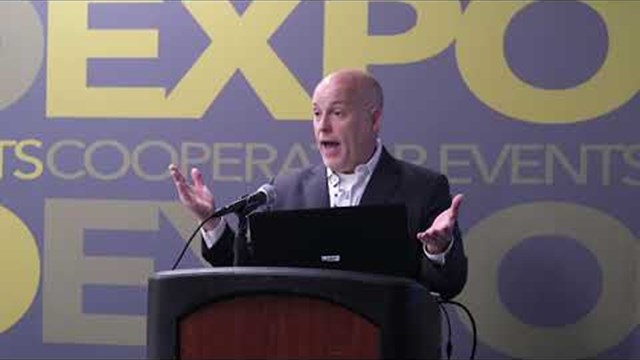
Q. I live in a community of only 36 units. They are very unique in that they include a church, school and rectory converted to condos, and then there are 11 brand-new townhomes. There is a ‘no rentals’ clause in our master deed, but some people have taken on roommates. Are we allowed to know exactly who these roommates are? They are not listed as unit owners.
—Worried Tenant
A. “A reader has asked a very interesting and unique question,” says Stuart J. Lieberman, an attorney and partner at the Princeton-based firm Lieberman & Blecher, P.C. “But it touches on a larger issue of what to do when you believe that a unit owner quietly and secretly is ignoring association rules.
“According to the reader, the community association in which he/she lives once had a very different prior use and was converted into a small number of living units. The master deed contains a clause that precludes any unit owner from renting a unit to a third party.
“Somewhat interestingly, and maybe not coincidentally, some of the unit owners are taking on roommates. The reader wants to know whether or not the association can find out who these roommates are because they are not listed as unit owners. Of course, there is an implied suspicion that these roommates may actually be secret rent-paying tenants. So implicit in the question is the extent to which the association can determine if the prohibition against rentals is being violated.
“Of course, the first places to look in any analysis of this kind are the master deed and bylaws. Many master deeds have anti-rental rules, which may be government imposed, imposed to make financing easier, or imposed based on a belief that home owners care more about a community than do renters (an assertion that should be challenged, in my view).
“If the association master deed or bylaws contain a mechanism for keeping this in check, obviously, whatever that mechanism is may be implemented so long as it is not inconsistent with state law, or in some manner inconsistent with common law. But the odds are very good that neither the master deed nor the bylaws contain any kind of enforcement protocol. In that case the board and the other unit owners are, in a manner, on their own in determining whether or not the anti-rental provisions are being satisfied.
“It appears from experience that many associations with anti-rental requirements are teeming with allegations that the prohibition is being ignored. This occurs especially in instances where people are forced to sell their unit perhaps due to a job relocation and they need rental income in order to cover their mortgage, especially if market conditions are such that the unit cannot readily be sold. For the past 20 years or so, we’ve seen a strong development in the area of privacy rights and privacy law. So one of the questions when it comes to enforcement is whether or not invasive questioning of a unit owner to determine who is living with the unit owner violates any kind of common law right to privacy or any other state law that concerns privacy concerns or housing.
“Usually people have a right to invite anyone to live with them that they want to live with so long as the association doesn’t have legal age restrictions. For example, in many age-restricted 55-and-over communities there are prohibitions against unit owners purchasing who are under a specified age and there are often prohibitions against their children also residing within the community who are under another age. Absent those kinds of express and legally sustainable prohibitions, starting to question roommate identities and the precise nature of relationships starts to become invasive and may invite inquiry from either the state or local government, or perhaps even the commencement of litigation against board. Certainly, these become extremely touchy subjects.
“There is very much another side of the story, which is that the board has an absolute right to compel compliance with anti-renting requirements. Thus, a good faith basis to believe there is a violation would arguably justify some reasonable amount of inquiry. There is a very fine line here that needs to be walked and legal counsel must determine where that line is and how to best of avoid going over. I do not believe that there is a one-size-fits-all solution to this sensitive dilemma. I believe that in each instance where an anti-renting rule exists and there are violations throughout the community, the association attorney and the board must work together to find a means of enforcement that is consistent with local values, state law, and regulatory requirements. If there are no provisions in the bylaws that provide a mechanism of enforcement, it might be a very good time to try to establish a fair and evenhanded program that will result in compliance. This might include some kind of affirmative certification, subject to penalties of law, that none of the persons living within a community association unit are paying rental income or otherwise are tenants.”






Leave a Comment